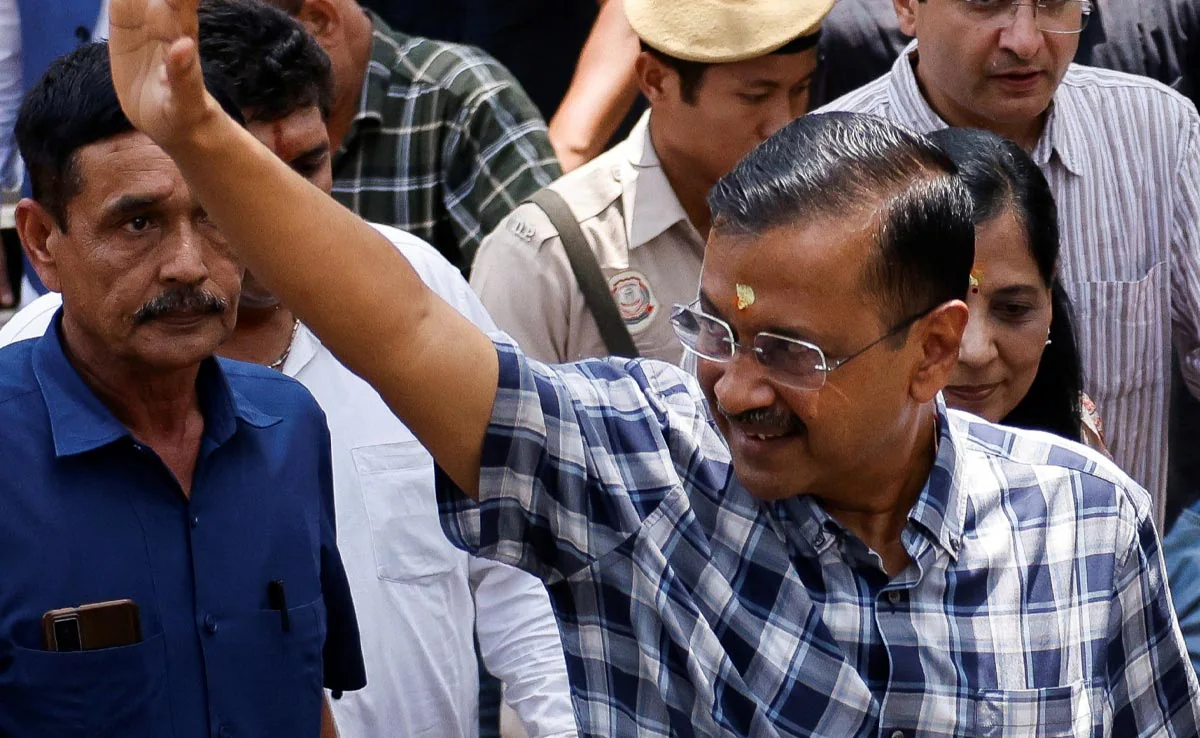
New Delhi:
Arvind Kejriwal requested an urgent hearing to extend his temporary release by one week, citing medical reasons, but the Supreme Court denied his request. The Delhi Chief Minister, who was detained in March over an alleged liquor policy scandal, was given temporary release this month so he could campaign for his AAP before the seven Lok Sabha seats in Delhi go up for election. He was allowed to leave Tihar Jail on June 1 and was instructed to return by June 2.
Mr. Kejriwal, however, lost hope of receiving an expedited hearing when a vacation bench stated that it would only refer his case to Chief Justice DY Chandrachud, who will determine when it is heard.
The panel of Justices JK Maheshwari and KV Vishwanathan stated, “The CJI will take an appropriate decision on listing this plea,” adding that the decision in the original case, in which Mr. Kejriwal was contesting his arrest by the Enforcement Directorate, had been reserved until after the previous hearing on May 17.
The court expressed displeasure over the timing of the bail extension request, pointing out that it could have been filed during last week’s case hearings by Justice Dipankar Datta, a member of the bench that granted Mr. Kejriwal interim parole. The court questioned, “Why did you not mention this…?”
As of right now, Mr. Kejriwal must obey the court’s ruling and return to jail by June 2 in order to avoid its wrath.

The Court Heard “Kejriwal Suffers Aggressive Form Of Diabetes”
The AAP politician had previously pushed for an expedited hearing of his client’s appeal, claiming that additional medical testing was required. He was represented by eminent attorney Abhishek Manu Sanghvi.
On June 9, five days following the election results, Mr. Kejriwal declared his surrender.
A medical assessment is required to safeguard him from potential long-term injury during his prison time due to health issues and elevated danger signals, Mr. Singhvi emphasized, emphasizing that the AAP leader will continue to be “visible and available in public” while he is free on bail.
Also Read:http://bomb-threat-hoax-on-an-indigo-flight-in-delhi-with-passengers-using-a-slide-to-exit
“There is no risk of fleeing the legal process and conditions set by Supreme Court (for interim bail) have been followed…” said Mr. Kejriwal’s attorney.
A physician from a private hospital in the nation’s capital ordered the medical evaluation to which Mr. Singhvi was referring. A full body PET-CT scan is one of the tests that were requested. The court was informed that these tests must be taken in a specific order and take five to seven days to finish.
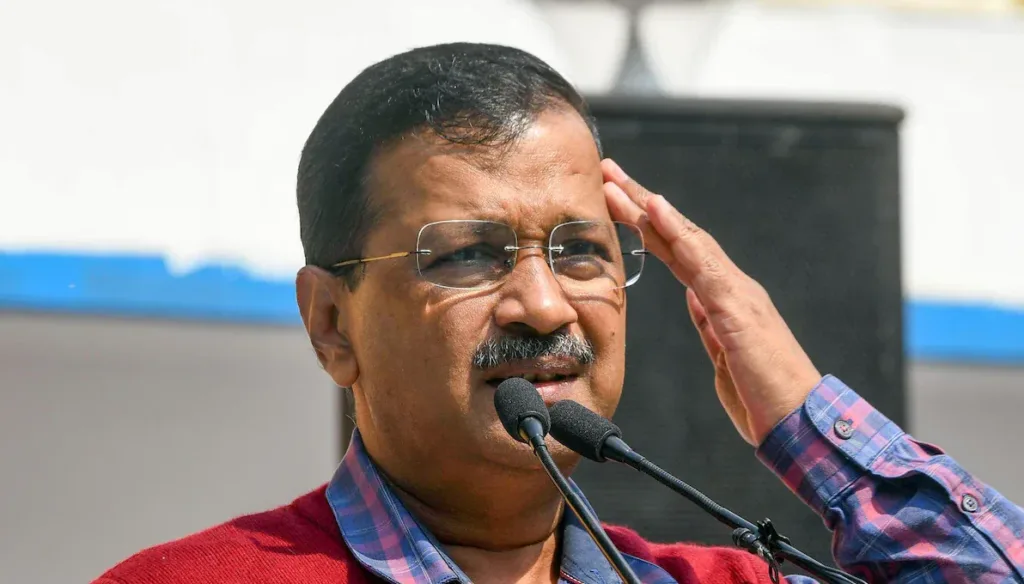
Arvind Kejriwal, The Tihar Jail, Diabetes (And Insulin Shots) Row.
Due to his diabetes, Mr. Kejriwal requires frequent insulin injections. The AAP alleged that he was purposefully denied access to this “life-saving” medication while he was in jail, which sparked debate about the drug’s availability.
Following Arvind Kejriwal’s criticism of Tihar jail and ED personnel for being “petty” and “politicising” his well-being, the dispute also made its way to court. In response, the investigation team stated that the Chief Minister had purposefully eaten high-sugar items, such as mangoes and toffees, against the advice of a recommended diet plan, endangering his health and establishing grounds for medical bail.
During the current hearing, Mr. Kejriwal brought up the “insensitive behavior” of the jail staff as well as his “unexplained weight loss,” which he described as “a symptom of a life-threatening disease.”
“Partially to blame for my health issues is the jail administration’s callous actions. He contended, “I’ll be able to assess any potential health issues with one more week of bail.
“I’ve lost a lot of weight; if someone drops seven kg in a month without any apparent cause, there is a serious issue.” Thus, multiple tests have been recommended by the doctors.” stated Mr. Kejriwal.
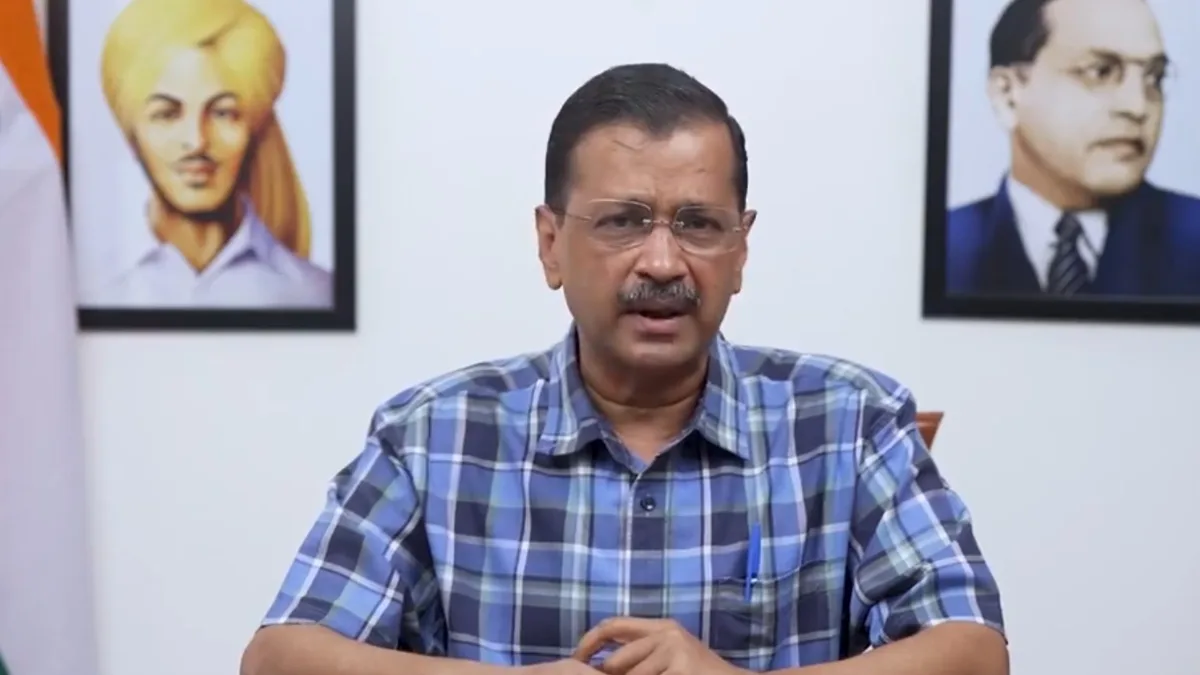
Arvind Kejriwal was arrested; why?
The investigation team thinks the chief minister of Delhi was instrumental in creating the now-cancelled policy and in requesting kickbacks in exchange for liquor licenses. According to the CBI, the AAP was paid ₹ 100 crore in kickbacks, which it used to finance its election campaigns in Punjab and Goa.
The authority of ED officials to issue summonses and require the production of documents, proof, and other items is covered in Section 50 of the PMLA (Prevention of Money Laundering Act).
Mr. Kejriwal has claimed in his suit that both his arrest and his detention are unlawful. Its timing—prior to the general elections—made its political motivation obvious. “The attempt is to decimate a political party and topple an elected government of the NCT of Delhi,” the statement added.
According to the CBI, liquor corporations had a hand in creating the Delhi excise policy of 2021–2022, which was later abandoned. They created the strategy, which would have generated a 12 percent profit margin, in exchange for bribes from a booze lobby known as the “South Group”. It was claimed by the Enforcement Directorate that the kickbacks were money laundered.

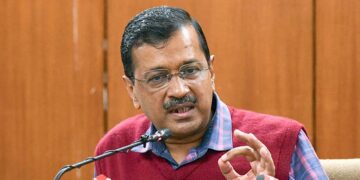
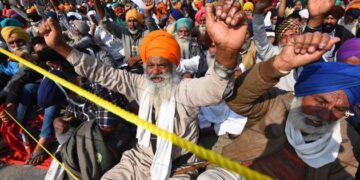
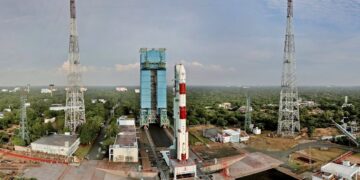

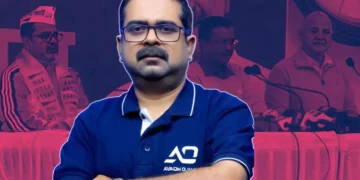
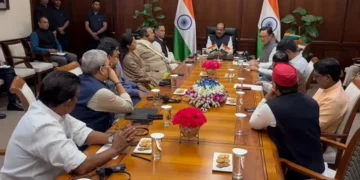
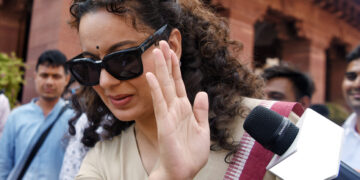
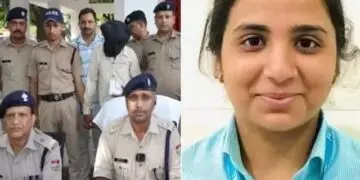

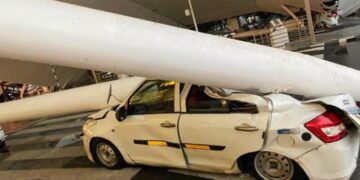















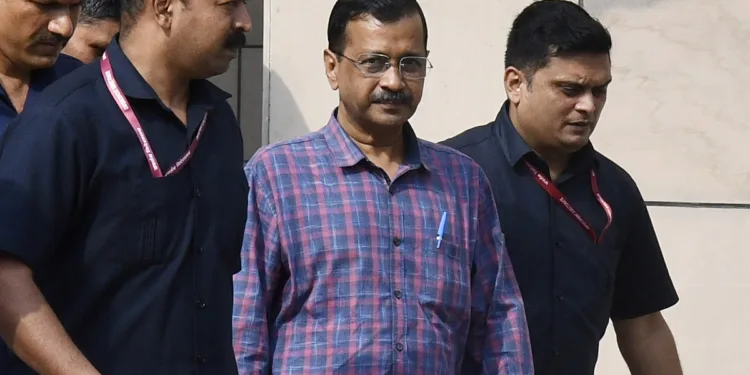












Your point of view caught my eye and was very interesting. Thanks. I have a question for you.